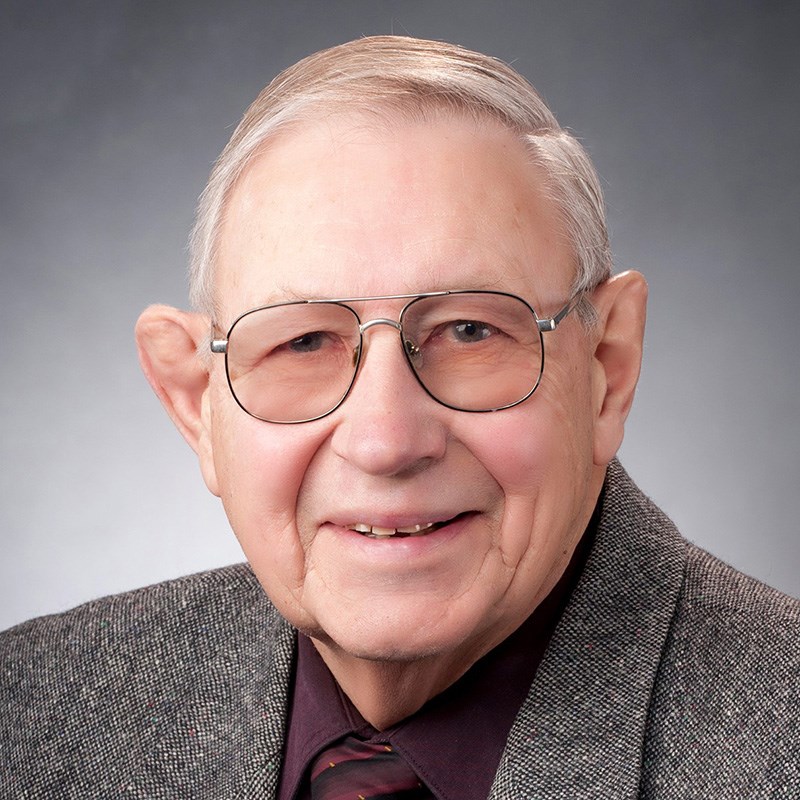SASKATOON - The University of Saskatchewan (USask) will pay tribute to six remarkable individuals who have made extraordinary contributions throughout their careers.
During this year’s USask Spring Convocation celebrations scheduled to be held at Merlis Belsher Place from June 6-10, the university will award honorary degrees to a celebrated philanthropist, an award-winning soil scientist, a progressive post-secondary leader, an esteemed B.C. Supreme Court Justice, a renowned foreign correspondent, and one of the world’s premier construction technology researchers.
USask President and Vice-Chancellor Peter Stoicheff said he is proud to announce that the university will be recognizing USask alumni Jane Graham, Emeritus Professor James (Les) Henry, Justice Catherine Wedge, and Dr. Alan Wildeman (PhD), along with journalist Susan Ormiston and Dr. Nicholas Carino (PhD).
“We are honoured to celebrate the achievements and accomplishments, and the inspirational and innovative impact each of these exceptional individuals has made in their respective fields and careers,” said Stoicheff. “This is a wonderful opportunity to express our admiration and appreciation for their lifetime achievements and to express our gratitude by bestowing the University of Saskatchewan’s highest honour as we return to Merlis Belsher Place for our Spring Convocation celebrations.”
One of the recipients is someone who originally comes from the local area.
James Leslie (Les) Henry
(Honorary Doctor of Laws)
Henry was born in Milden, Sask., and raised on nearby Brunswick farm. He received Bachelor of Science (1964) and master’s (soil science, 1968) degrees at USask. His master’s was extended by work with the Department of Soil Science on soil survey in summer months and laboratory instruction in winter months. Henry’s academic appointment (1969) at USask was joint between the soil science department and the then campus-wide Extension Division. Extension work was proactive and ensured that research results were available to farmers and professionals. An important part of the job was to bring back information where research gaps could be filled by the soil science department.
Henry’s research projects, driven by questions from the farm gate, included anhydrous ammonia effect on soils, nutrient requirements of irrigated crops, potassium deficient soils, and soil salinity. The soil salinity work brought new light by clearly demonstrating the fundamental causes. International experience included Tanzania, Swaziland (now the Kingdom of Eswatini) and China. He has written a regular column for the farm paper Grainews for 45 years. Henry served as president of the Saskatchewan Institute of Agrologists, received numerous awards and has been inducted in the Saskatchewan Agricultural Hall of Fame (2004).




